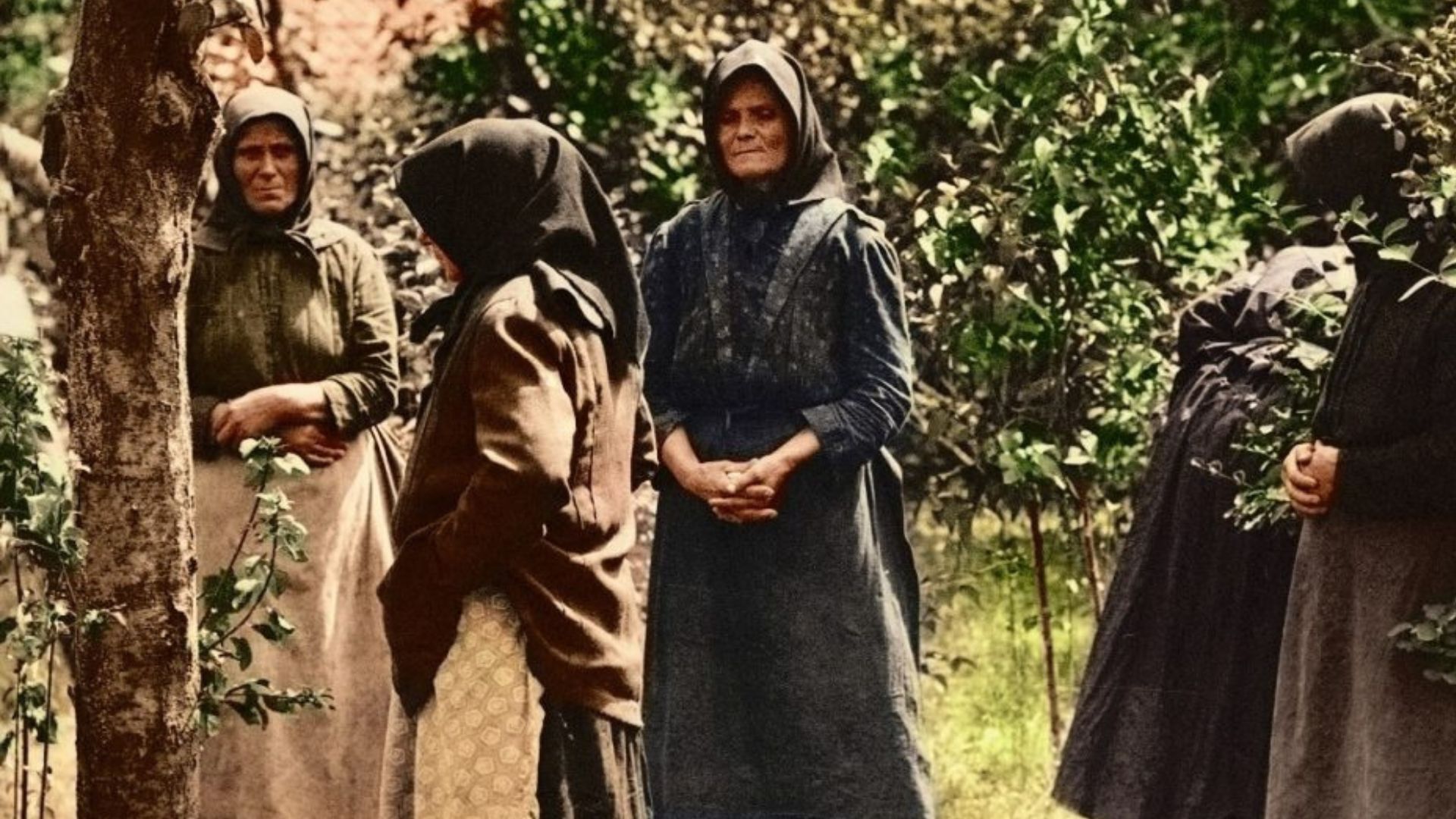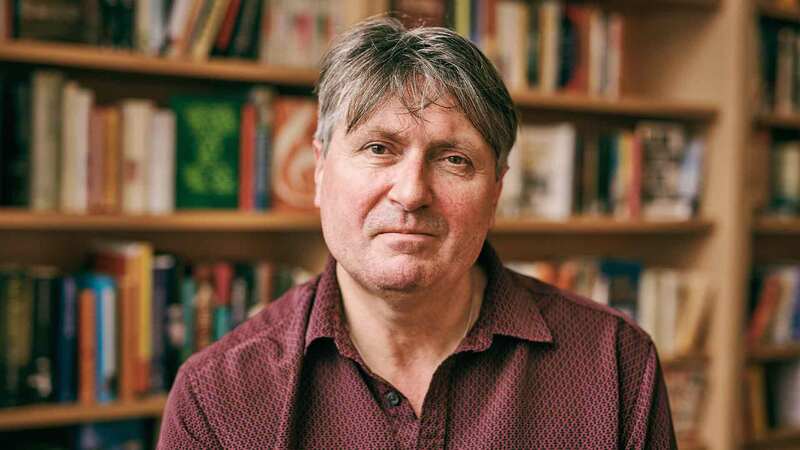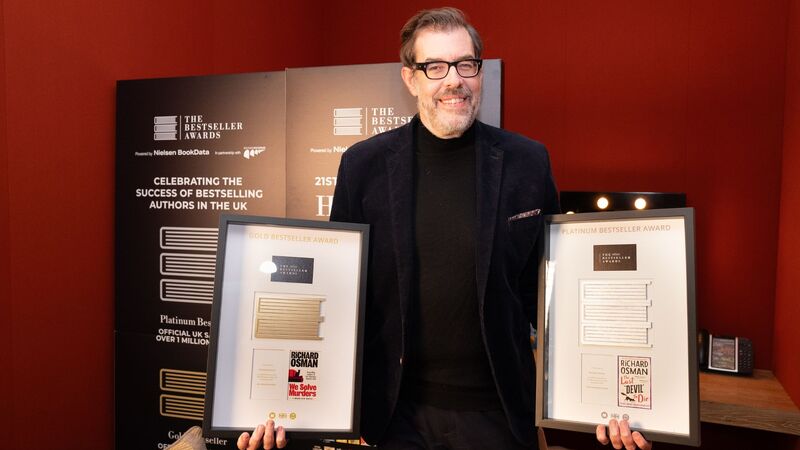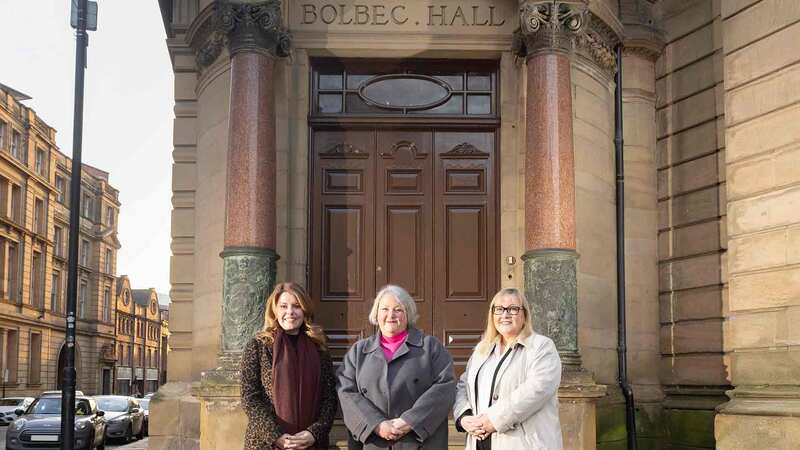You are viewing your 1 free article this month. Login to read more articles.
Brazen acquires 'bitingly feminist' true crime book from Reese in 24-hour pre-empt
Brazen has snapped up The Women Are Not Fine, a historical feminist true crime book by Hope Reese, in a 24-hour pre-empt.
Publisher Romilly Morgan acquired UK and Commonwealth rights from Emma Bal at The Madeleine Milburn Literary Agency. The book will be published in 2025.
The Women Are Not Fine brings together newspapers, court documents and police records to explore "one of the biggest mass poisoning events in modern history" when midwife Zsuzsanna Fazekas arrived at the village of Nagyrév in Hungary in 1911. When Fazekas began listening to the problems women were having at home, she offered a solution — arsenic — and a group of women, who became known as the "Angelmakers", began poisoning their husbands.
The synopsis continued: "Nearly 20 years later, it had turned into an epidemic, spiraling into the greatest poisoning case of the 20th century. In 1929, after an anonymous letter was sent to a newspaper in a nearby town, Szolnok, a police investigation unearthed 50 graves; 40 showed signs of arsenic poisoning. But estimates say that up to 300 people in Tiszazug –– a rural region south of Budapest, along the Tisza River –– may have been killed. Nagyrév was dubbed “the murder district” of Hungary. More than 100 women were held in Szolnok prison, charged with murder." It is a "timely book of ideas about what happens when women in a community are suffering".
Morgan commented: "Since Emma [Bal] told me about this story two years ago, I have been transfixed. It arrived in my inbox a little later than I had hoped; last Monday. And I am writing today having won it on pre-empt. Stories like this simply aren’t discovered or written about enough. Bitingly feminist but also searingly current, The Women are Not Fine looks at the extremes we have to go to protect and safeguard our bodies.”
Reese added: “As a journalist, I have spent more than a decade covering gender issues –– from boys’ deep emotional lives, to hook-up culture, to abuse in lesbian relationships. In this book, I examine the story of the Angelmakers through a reporter’s lens, revealing how psychology, trauma, biology and culture created an environment that enabled the largest mass poisoning in modern history."
















